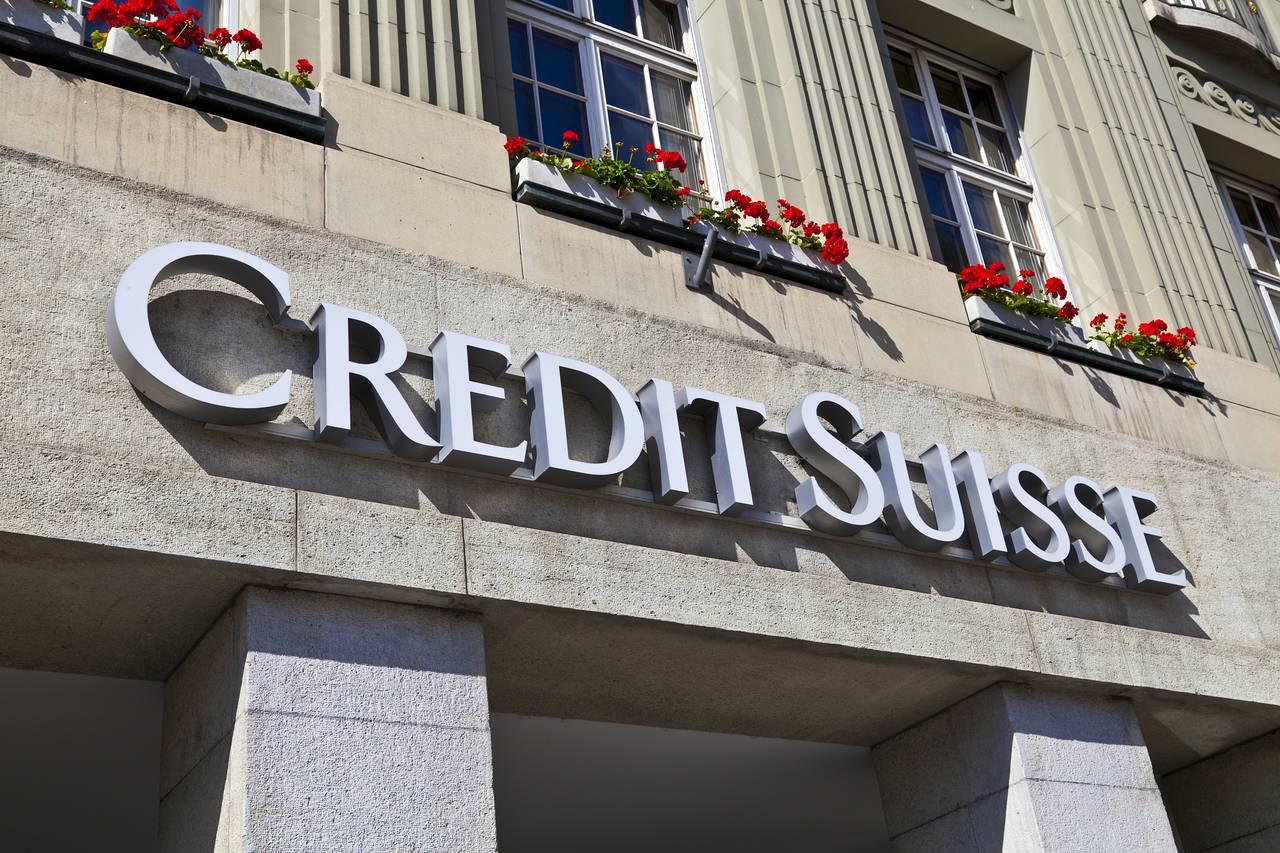Days before a hastily convened press conference late on Sunday that would make the world's front pages, Switzerland's political elite were secretly preparing a move that would jolt the globe.
While the nation's central bank and financial regulator publicly declared that Credit Suisse was sound, behind closed doors the race was on to rescue the nation's second-biggest bank.
The chain of events, led to the erasure of one of Switzerland's flagships, a merger backed by 260 billion Swiss francs ($280 billion) of state funds and a move that would upend global finance: favoring the bank's shareholders to the detriment of bond investors.
The events that unfolded in the landlocked nation -- long a bastion of political neutrality that has secured its standing as a safe-haven favourite for wealthy elites -- go against one of the key lessons of the 2008 financial crisis. The rescue concentrates even greater risks into one banking behemoth, UBS Group AG.
What is more, making bondholders cushion the blow to stock investors from the UBS-Credit Suisse tie-up rattled lenders, pushing up their borrowing costs in a threat to world economic growth.
The Swiss National Bank declined to comment while the finance ministry did not respond to a request for comment.
Soon after news broke on March 12 that the United States would step in to guarantee all the deposits of two mid-sized lenders struggling to keep up with demands for cash, the spotlight was on Credit Suisse and how it would maintain depositor confidence.
Customers had already pulled $110 billion from the Zurich-based bank in the last three months of 2022, outflows that it was fighting to reverse.
A rainmaker who brokered a number of European bank rescues during the financial crisis, speaking on condition of anonymity, told Reuters that after seeing the U.S. banking collapses there was little doubt UBS would be called upon to shore up Credit Suisse.
The banker on March 13 rang up UBS warning the world's biggest wealth manager that it should prepare to receive a call from Swiss authorities.
By Wednesday, two days later, Credit Suisse was swept up in a full-blown crisis. Comments by the chair of Saudi National Bank, Ammar Al Khudairy, who said that he could not invest further in the Swiss bank sent Credit Suisse shares into a tailspin.
It mattered little that Credit Suisse's biggest investor also reiterated confidence in the lender. "They're a globally systemically important bank so ... monitored on a daily basis," he told Reuters. "There's no surprises like you would have in a middle-sized bank in the US. It's a completely different ecosystem."
Significant deposit outflows followed, the source who would go on to advise UBS on the merger told Reuters, declining to put a number on them.
In banking center Zurich and Bern, the Alpine state's capital, pressure was building. Yet as the discussions to salvage Credit Suisse got underway, Swiss regulators FINMA and the Swiss National Bank said that "the problems of certain banks in the USA do not pose a direct risk of contagion for the Swiss financial markets", conceding, however, that they would fund the bank with unlimited access to funding.
Credit Suisse too was conveying stability. The bank told Reuters on Thursday that its average liquidity coverage ratio, a key measure of how much cash-like assets the bank has, did not change between March 8 and March 14, despite the global banking crisis.
Swiss Finance Minister Karin Keller-Sutter, a former translator and teacher just months on the job, told the Sunday media conference that additional support for Credit Suisse had been agreed but held secret for fear of panicking people with a succession of emergency announcements.
She said was in close contact with U.S. Treasury Secretary Janet Yellen and British finance minister Jeremy Hunt. Both countries have large Credit Suisse subsidiaries employing thousands.










